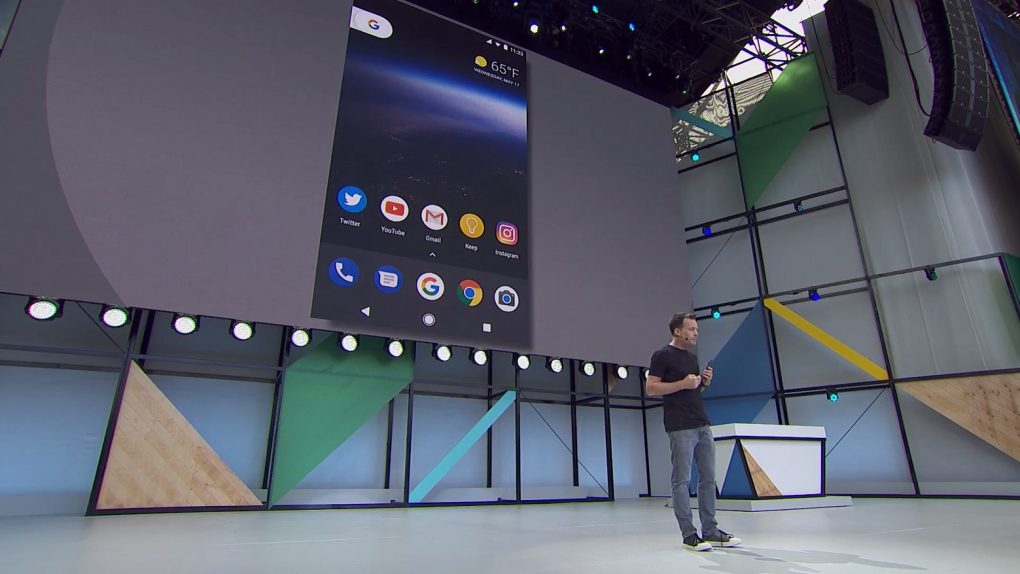Android has been the dominant operating system on mobile for years. Every other alternative, aside from Apple’s iOS, vanished, as most device makers out there ultimately chose to embrace Android rather than go forward with their own plans.
But we’re just coming to realize how enormous the power of Android is — and it’s something Google must both love and hate.
News broke out earlier this week that Chinese smartphone maker ZTE, one of the two Chinese companies the US government wants to keep out of America, will not be able to use equipment from American companies. At first, we learned that Qualcomm may be directly impacted, as its Snapdragon chips won’t be available to ZTE following the US Commerce Department ban that blocks US companies from selling parts and software to ZTE.
But Android is software too, and it so happens that a source told Reuters that ZTE may not be able to use Google’s Android in its mobile devices.
ZTE and Google have apparently discussed the impact of the ban, but it’s still unclear what will happen. ZTE shipped 46.4 million smartphones last year, a figure that makes it the seventh Android smartphone maker in the world.
ZTE could probably develop its own version of Android like Amazon does, but that would be an operating system stripped off all the Google features Android users want, including access to the Play store.
Google, meanwhile, can’t be happy to lose access to tens of millions of ad-consuming customers. If ZTE is indeed banned from using Android, how long until Huawei, the other Chinese company whose devices the government wants to keep out of America, receives a similar treatment? How long until it happens to other China-based Android device makers? And there are plenty of them, including OnePlus which is very popular in many western countries, especially the US.
What if these companies develop their own mobile OS, of Android inspiration or not down the road, to protect themselves against future bans? It’s definitely not good news for Google, whose bottom line may be affected by such moves.
On top of banning ZTE from using hardware and software developed by American firms, the US government has other means of denying access to the US market to ZTE, Huawei, and any other company deemed a “national security threat.”
The FCC proposed new rules that would prevent money from the FCC Universal Service Fund from being spent on equipment from black-listed companies.
“Hidden ‘backdoors’ to our networks in routers, switches, and other network equipment can allow hostile foreign powers to inject viruses and other malware, steal Americans’ private data, spy on U.S. businesses, and more,” FCC Chairman Ajit Pay said without referring to any country or company.
The irony here is that the US government does favor backdoors in devices like Apple’s iPhone and Google’s Android. Assuming it somehow forces Apple and Google to comply, what would stop China or any other country from banning iPhone and Android in their countries out of similar fears?
What’s interesting in the whole fight against ZTE and Huawei is that there’s no other country ready to follow America’s lead. If there are backdoors in ZTE and Huawei equipment, wouldn’t other international intelligence agencies have advised their governments to block sales just like the US is doing?
We can always file this US vs. ZTE brawl as one more episode of the escalating trade war with China.








